Cats are famous for being clean animals. They regularly groom their coat and bury their feces and urine so predators and prey won't be able to smell their presence.
This instinct is part of what makes cats such appealing pets in an urban environment.
We can keep our kitties safely indoors with us without having to walk them outside to do their business. All that's needed is a suitable litterbox, the right kind of litter, and a good cleaning regime, right?
Unfortunately, that's not always the case.
Sometimes, even with the best litterbox setup and maintenance routine, a cat still avoids the box.
When that happens, the pungent smell of feline urine and feces can drive a frustrated owner to the brink of surrendering a cat to the shelter.
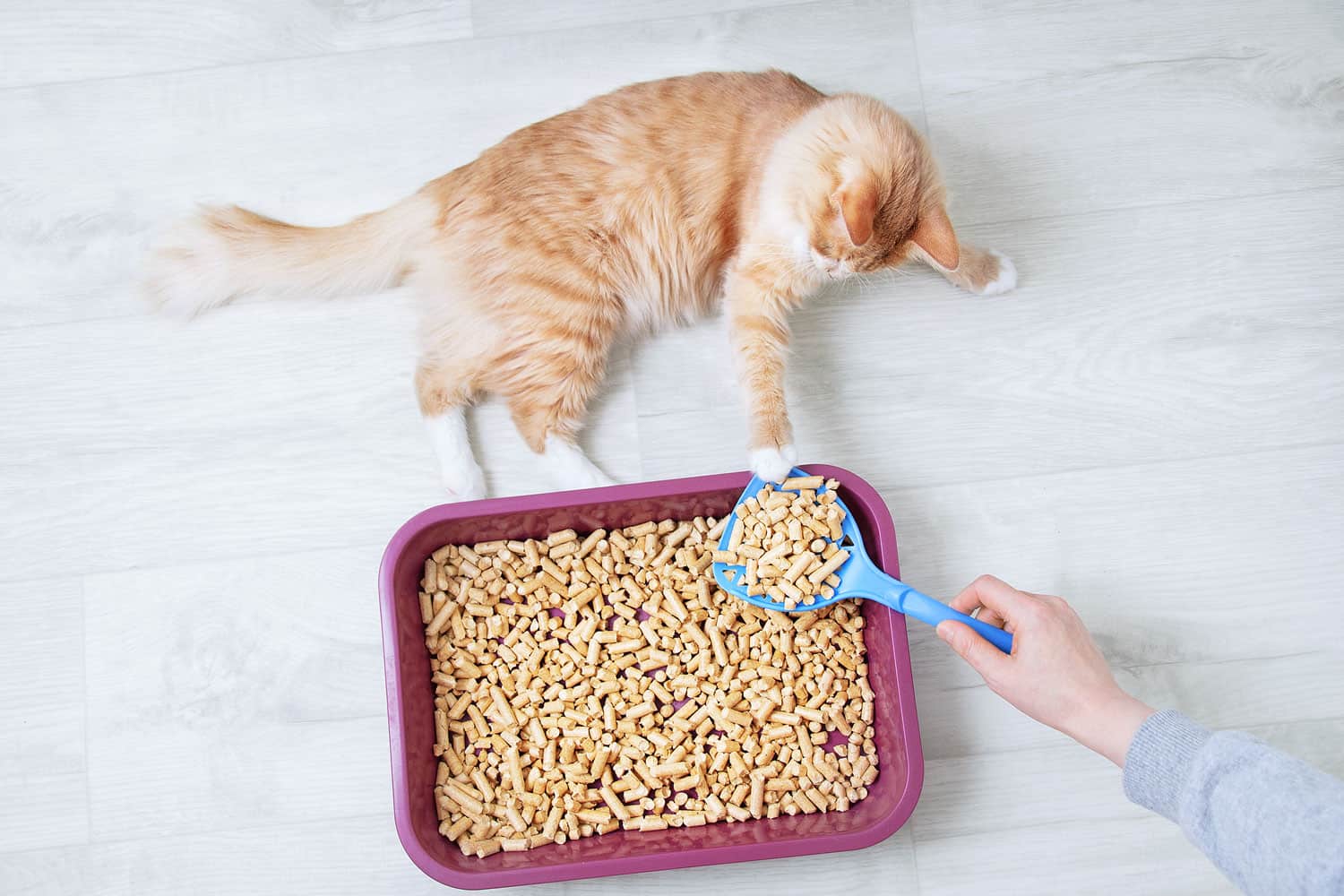
So, why is Kitty not using the box?
Cats don't eliminate outside the box just for spite. They don't do that because they are jealous of a new cat or baby or mad at you for leaving them home alone all day long.
Cats don't punish their humans by avoiding the litterbox. If Kitty isn't using the box, something must be wrong. More often than not, that "something" could be your cat's health.
Your cat's health and the litterbox
"Litter box mishaps are often the first sign of illness and a clue that your cat needs to see a vet." says award-winning author and cat behavior expert Dusty Rainbolt.
"Cats can suffer from many different health issues that affect litter box loyalty. Illnesses that increase the need to pee or poop more frequently include diabetes, hyperthyroidism, kidney disease, and lower urinary tract disease."
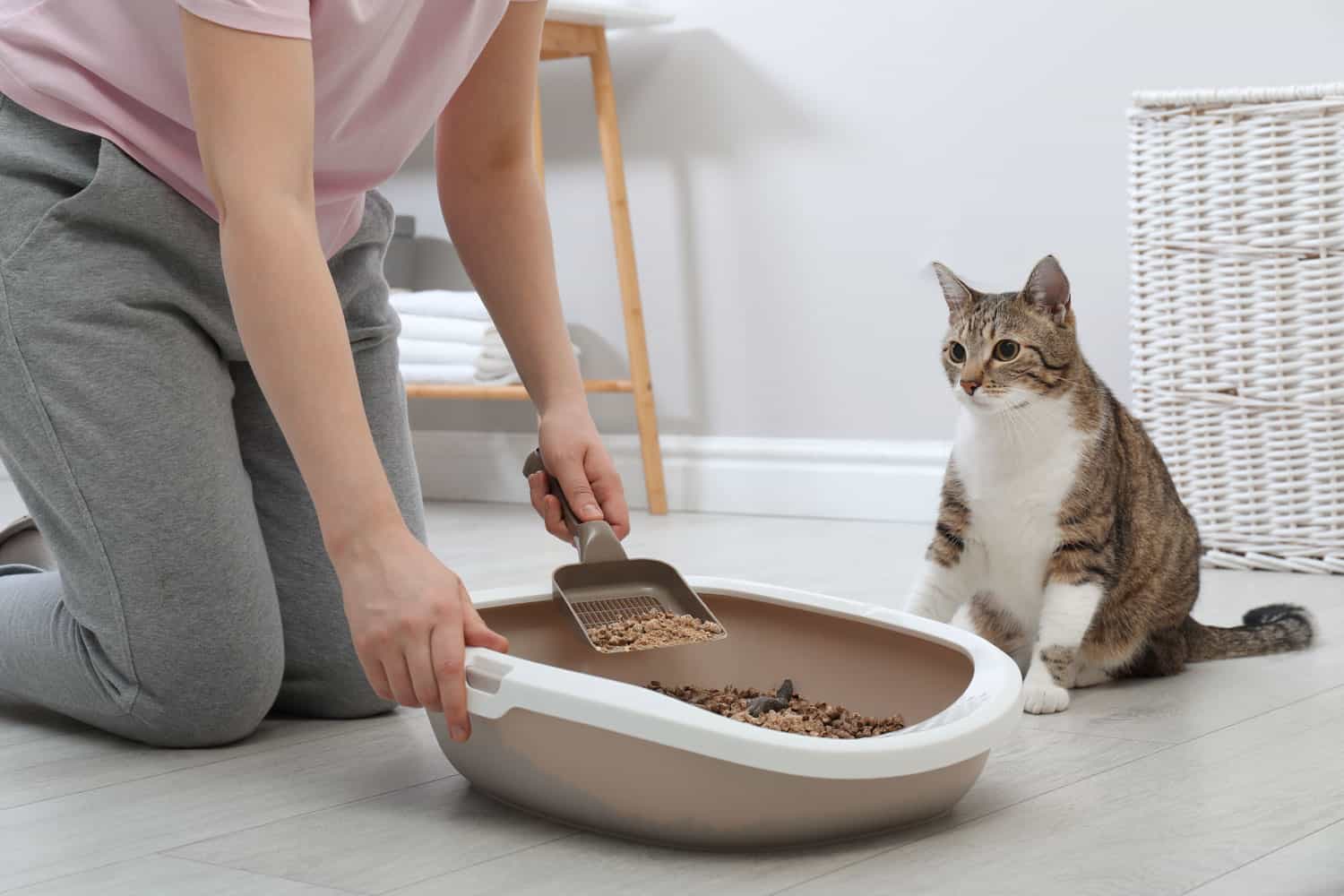
Just like the loss of appetite, litterbox avoidance is an indication that something is wrong.
With older cats, health-related mobility issues can make it more difficult for Kitty to reach the box in time or at all.
"Arthritis can make climbing stairs or jumping into a tall-sided box a painful experience," Dusty says.
"Eight and nine-year-old cats often suffer from arthritis, even though they appear to get around the house with little effort."
Constipation can also make the cat avoid the box. Such a cat might associate defecation pain with the box and try to stay away, often worsening constipation.
Conversely, diarrhea can sometimes prevent a sick cat from getting to the box quickly. A real problem, especially when kittens are concerned, but one that's easy enough to spot (no pun intended!)
SIGN UP FOR THECATSITE'S EMAIL UPDATES >
When urinating hurts too much
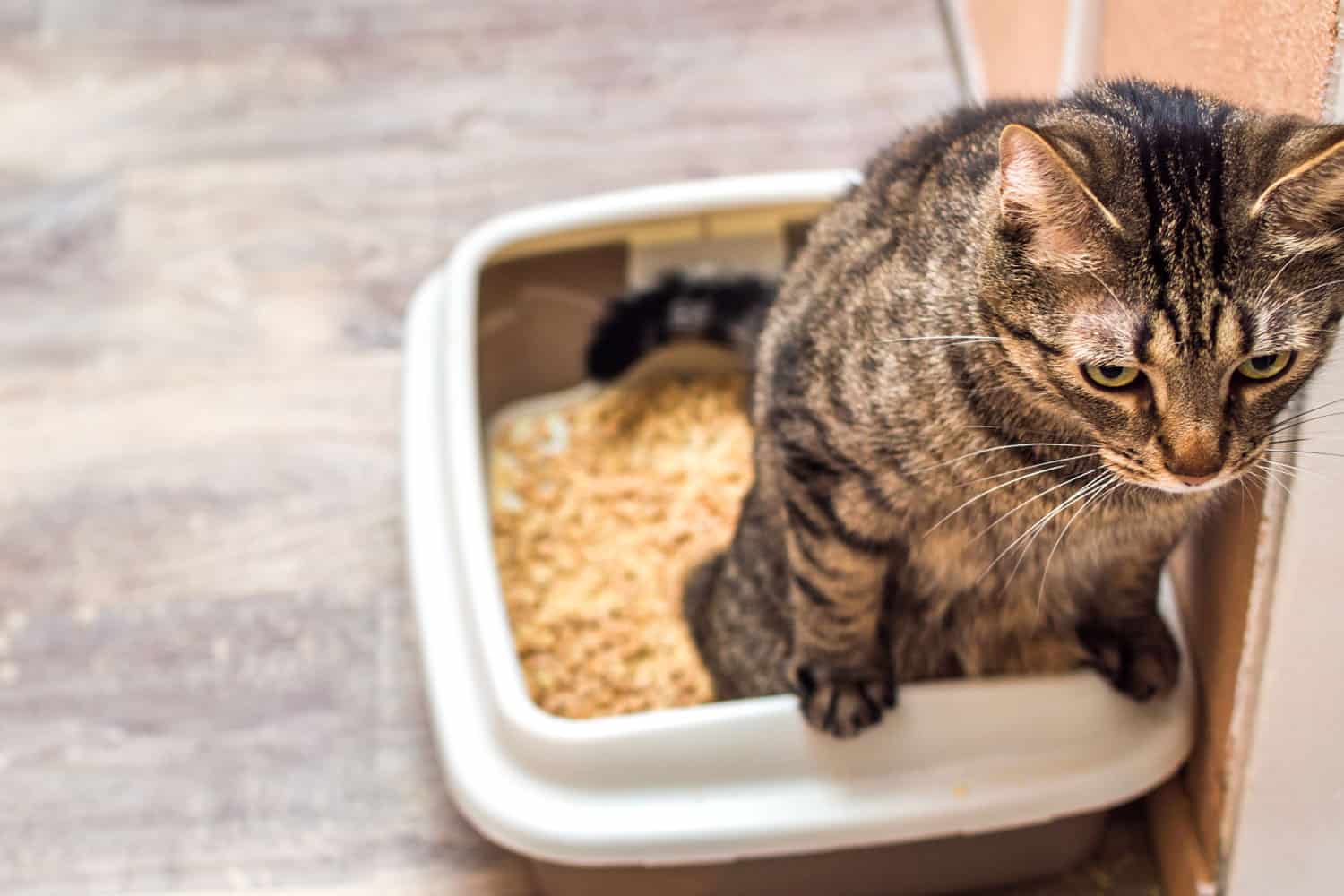
When cats avoid the litterbox, urinary tract inflammation is often the culprit. A bladder or urinary tract inflammation causes a burning sensation during urination.
This can be caused by an infection - viral or bacterial - or by an imbalance in the urine's acidity, leading to crystals forming. Either way, the area is inflamed, and passing urine becomes painful.
Sensible creatures that they are, cats try to avoid the pain by changing the location of where they pee.
Deciphering FLUTD
FLUTD is the acronym that's often used to describe these inflammations. It stands for Feline Lower Urinary Tract Disorder and covers every kind of urinary tract inflammation.
Whether the cause is an infection from a pathogen or crystals in the urine, if the urethra or bladder becomes inflamed, the cat will experience discomfort and even pain when passing urine.
Read more - Feline Lower Urinary Tract Disease Flutd
Spotting the Behavioral Changes
Once pain appears, the box becomes associated with it. Why return to the place where you hurt?
And since a cat has "to go" somewhere, he or she will find alternatives such as the rug, the bathroom floor, or maybe even the owner's bed.
Sometimes the cat will try to keep using the box through the discomfort, avoiding it only when the pain increases.
An observant owner may be able to notice the signs of discomfort as they emerge. They can include any change in litterbox-associated behavior, such as loud meowing, hanging around the box for too long, or returning to it too often.
Real Experiences
Our member @Greypaws shared such an experience -
I knew when I adopted our about 3 yr old male cat from the shelter that he had FLUTD.
The first days I had him, he rarely went to the litter box and if he did, he'd walk in & out several times over a period of about 10-15 minutes, then he'd go pee. The following week he peed next to the box a couple of times.
Spotting Early Warning Signs
Look for these telltale signs of a possible problem even when Kitty uses the box properly.
If your cat seems to hang around the litterbox for longer than usual, meows or shows any signs of discomfort, you should suspect a medical problem.
An Urgent Note on Male Cats
Important note: Male cats have a narrow urethra that can sometimes become blocked.
Even partial blockage will cause the cat to strain when urinating, often screaming in pain. When that happens, get your cat to a veterinarian right away.
A blocked urinary tract is an extremely painful and life-threatening emergency that requires immediate veterinary care to save the cat's life.
How to get your cat to use the litterbox again?
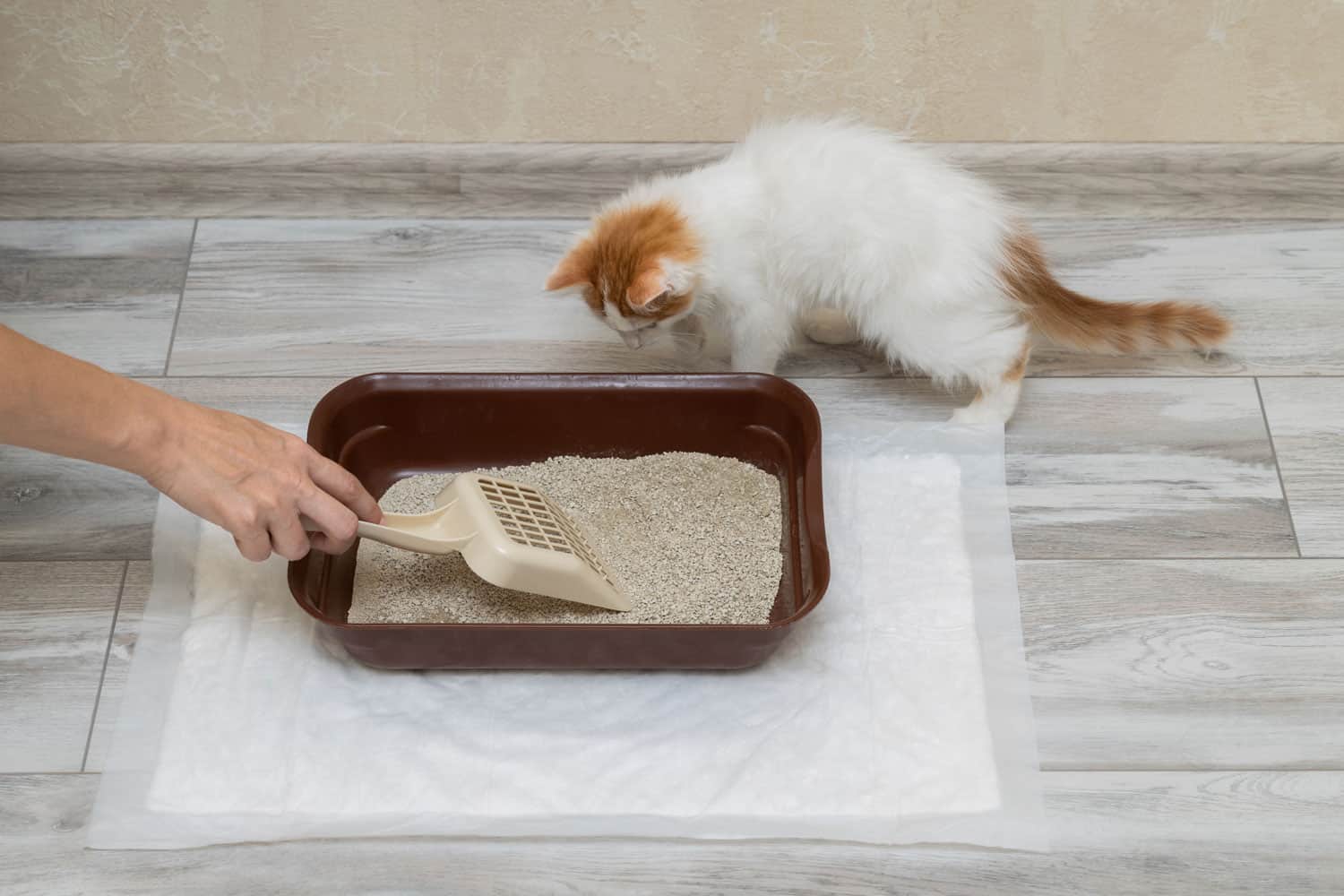
You won't be able to do that until you stop the pain. This means diagnosing and treating the medical problem. In other words, it's time to see your veterinarian.
Your vet will examine the cat to find the root of the problem. He or she may sedate the cat to take a clean urine sample, feel the bladder and possibly perform an ultrasound to look for cysts in the bladder.
Treatment will depend on the cause. If there's a bacterial infection, antibiotics are often warranted. Crystals, on the other hand, usually require a change of diet.
In either case, a course of pain management medication may also be needed. Work with your vet to get Kitty the best possible medical care and resolve the issue.
A change in nutrition helped @Greypaws get their cat to use the litterbox again.
Switching to the appropriate cat food formula helped get the urine to a balanced acidity level, eliminating the crystals and the subsequent pain.
The cat returned to using the box, and several months later, no further "accidents" have been reported.
When getting treatment isn't enough
Solving the medical problem will often get the cat to use the box again. With some cats, you may need to work harder to disassociate the box from the memory of the pain.
Consider adding another box that looks slightly different from the old one. When choosing the new box, think about what makes a box appealing to a cat.
Make sure it's large enough, has the right type of litter, and is positioned in a quiet area in your home.
Read more - The Litterbox What Every Cat Owner Needs To Know
FIC: The Elusive Pandora Syndrome
So, you've taken your cat to the vet, who could find no sign of a bacterial infection or crystals in the urine? No sign of any other illness either. Now what? With a clean bill of health, should we assume this is a behavioral problem?
Not necessarily.
One type of urinary tract inflammation can be difficult to detect and even more difficult to treat. It's sometimes called the Pandora Syndrome, but officially it's known as Feline Idiopathic Cystitis, or FIC for short.
There is no bacterial infection, and no crystals are present, yet the inner layer of the cat's urinary bladder is inflamed. The culprits are stress hormones.
Susceptible cats have more receptors for stress hormones within their bladder. If the cat experiences high stress, the bladder becomes inflamed, and urination becomes painful.
Your veterinarian will suspect FIC if the cat's urine sample has microscopic blood without bacteria or crystals.
A history of peeing outside the box at times of stress indicates possible FIC. Unfortunately, there is no actual cure for FIC.
However, if your cat is diagnosed with this condition, you can learn how to lower his or her stress levels and hopefully lower the chance of a flare-up.
Read more - Feline Idiopathic Cystitis How To Improve Your Cats Quality Of Life
So is it a health or a behavioral problem?
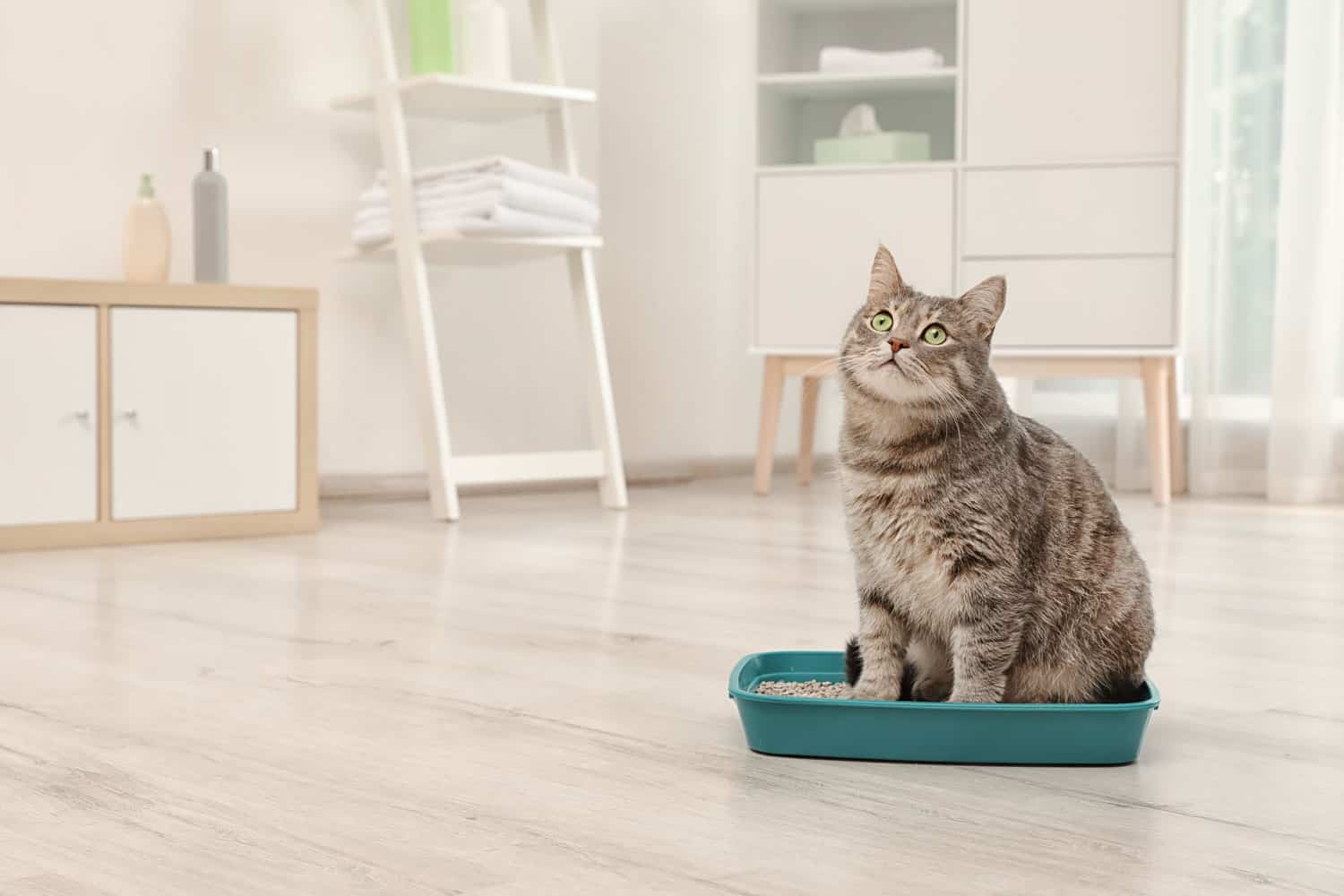
Litterbox avoidance can be either. Or both. One thing is certain: Until you've ruled out an underlying medical problem, you'll have difficulty helping Kitty use the box again.
Most cat behaviorists will not take on a client for litterbox problems until the cat receives a clean bill of health from the veterinarian. And it has to be recent, too.
"Just because your kitty was healthy when he saw the vet two weeks ago doesn’t mean he’s healthy today," Dusty Rainbolt says.
"If you catch a virus, you might have felt great yesterday, but now you feel like something the cat dragged in.
Because most diseases are more cheaply and successfully treated in the early stages, it’s important to take your cat to the vet as soon as you notice his 'mistakes.'"
Don't blame Kitty for not using the litterbox. Something is wrong, physically or with how the box is set up.
First, talk to your vet and make sure Kitty is 100% healthy. Only then can you move on to the next step and look into what else could be wrong.
SIGN UP FOR THECATSITE'S EMAIL UPDATES >
If you're dealing with a litterbox avoidance problem, see our complete article - How To Solve Litterbox Problems In Cats The Ultimate Guide
Still struggling? Post about your cat's litterbox problems in our cat behavior forum where our experienced members can offer their support and advice.
Note: We may get commissions for purchases made through links on this page.


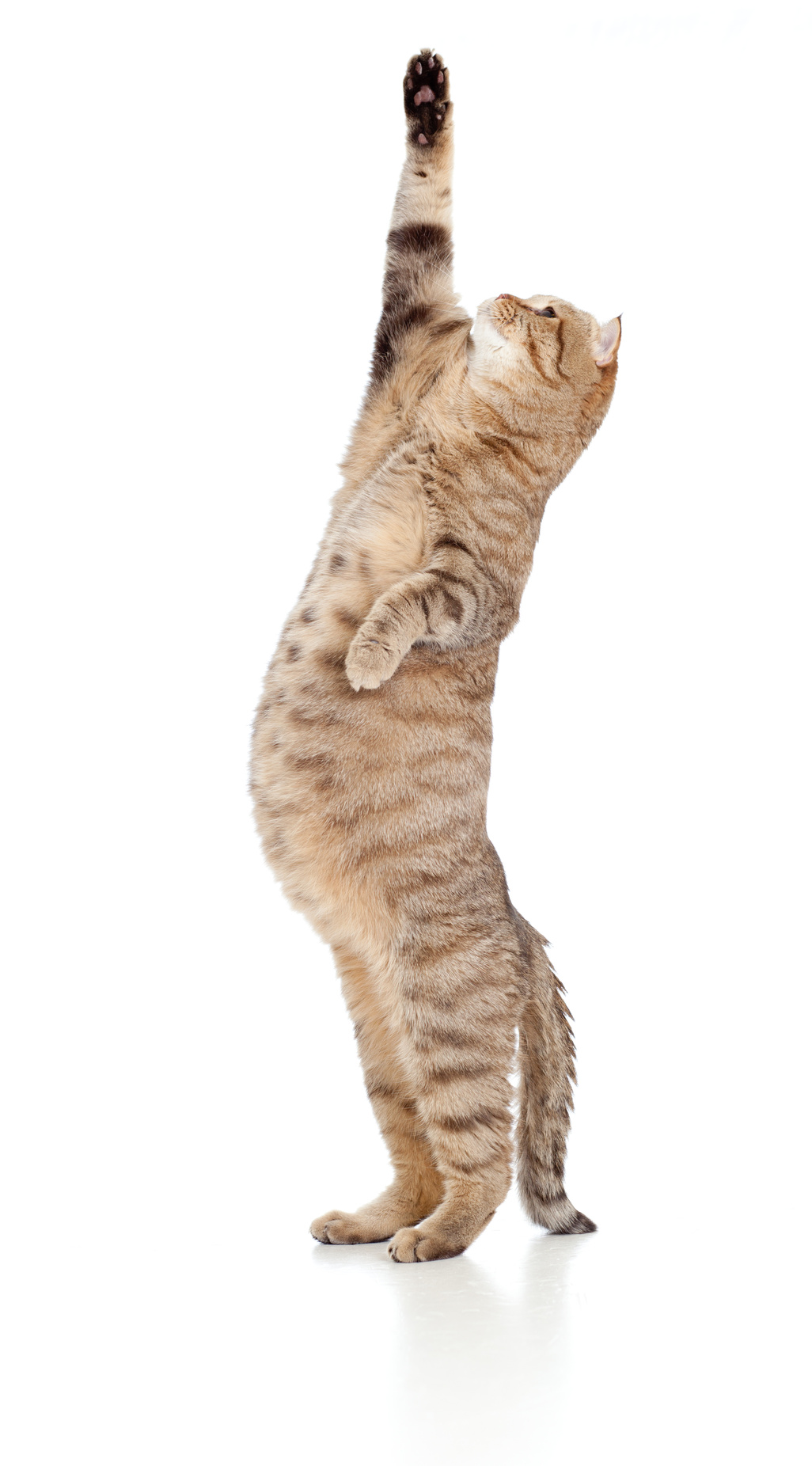
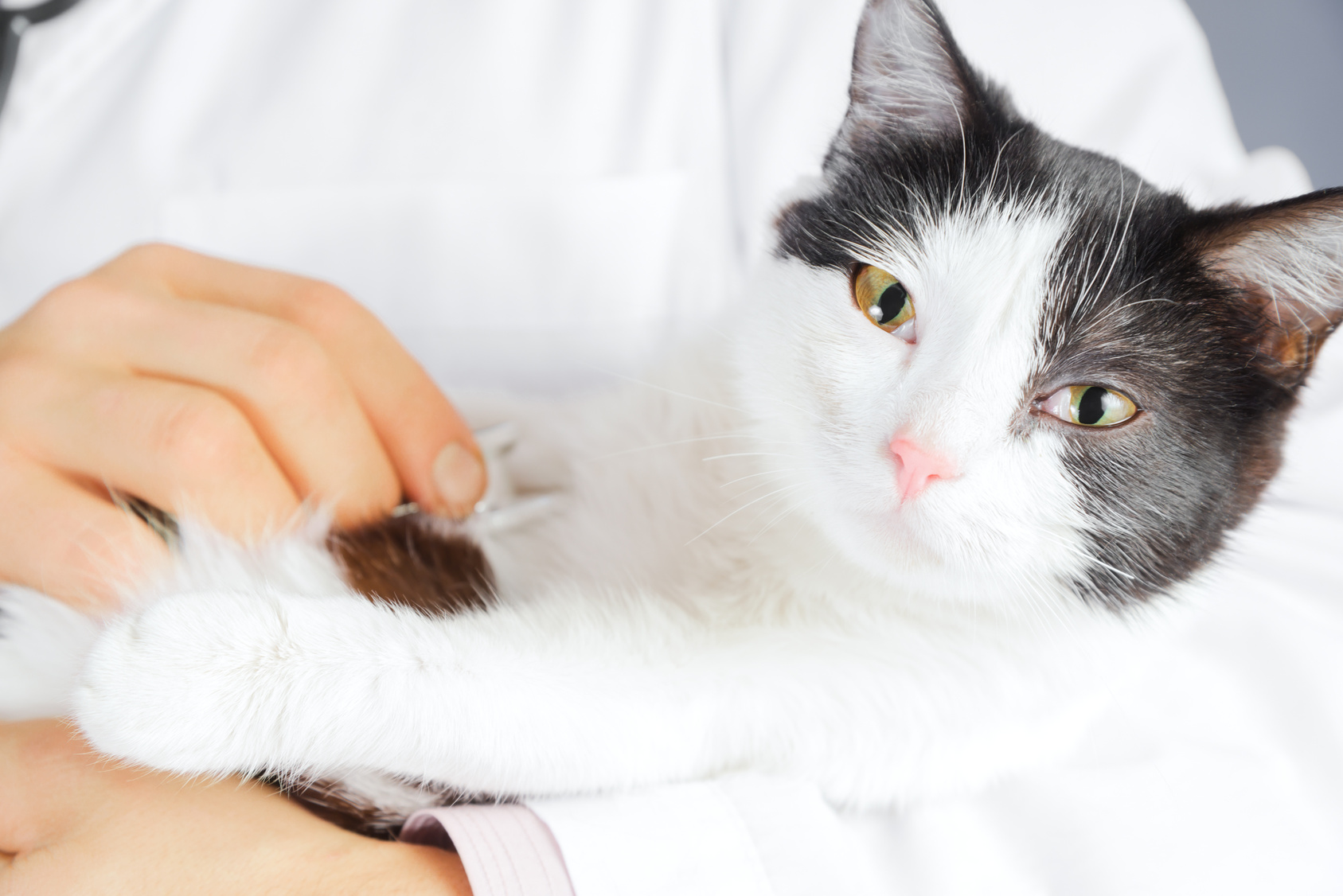
2 comments on “Litterbox Problems? Here’s Why You Should Call Your Vet”